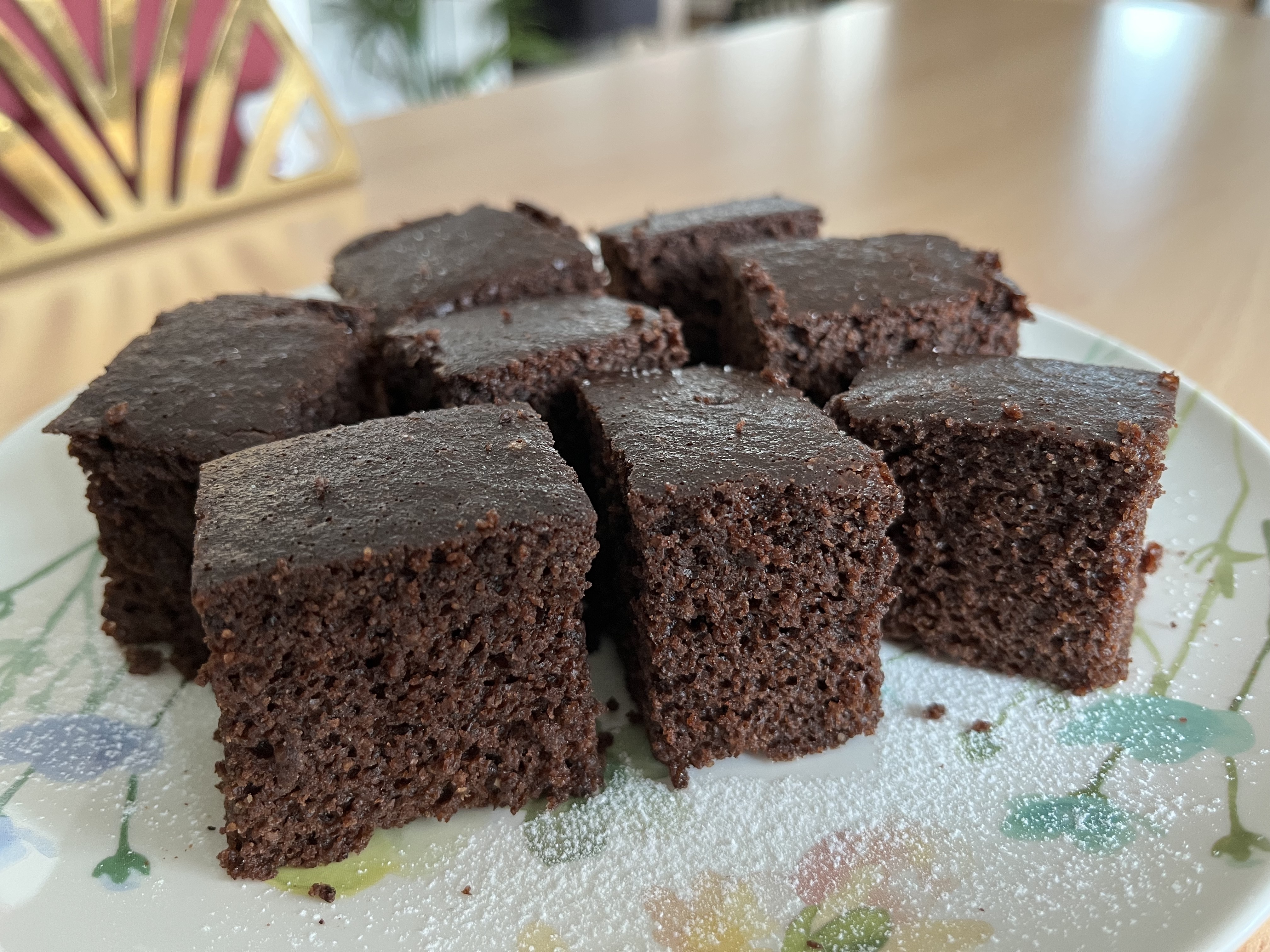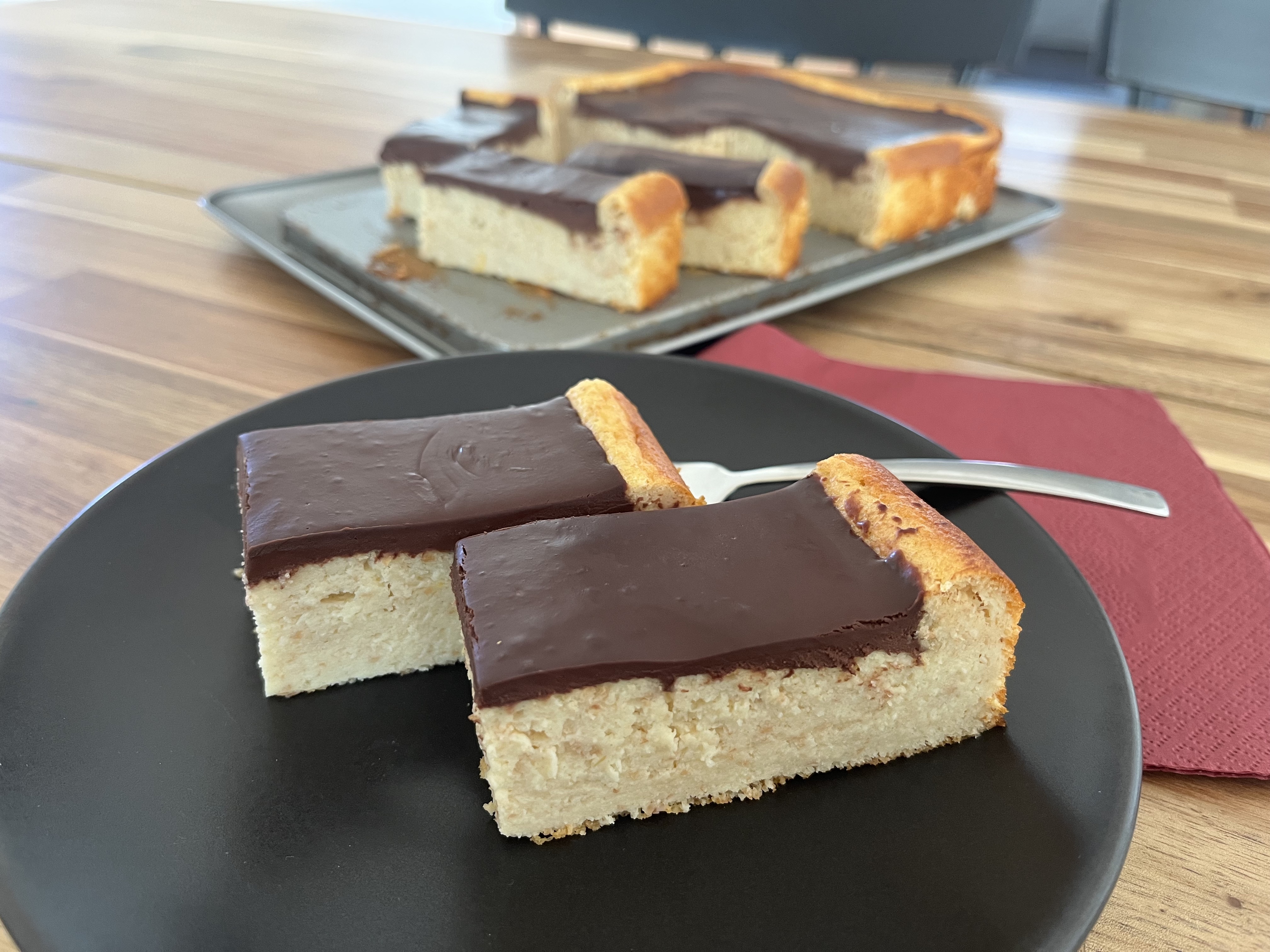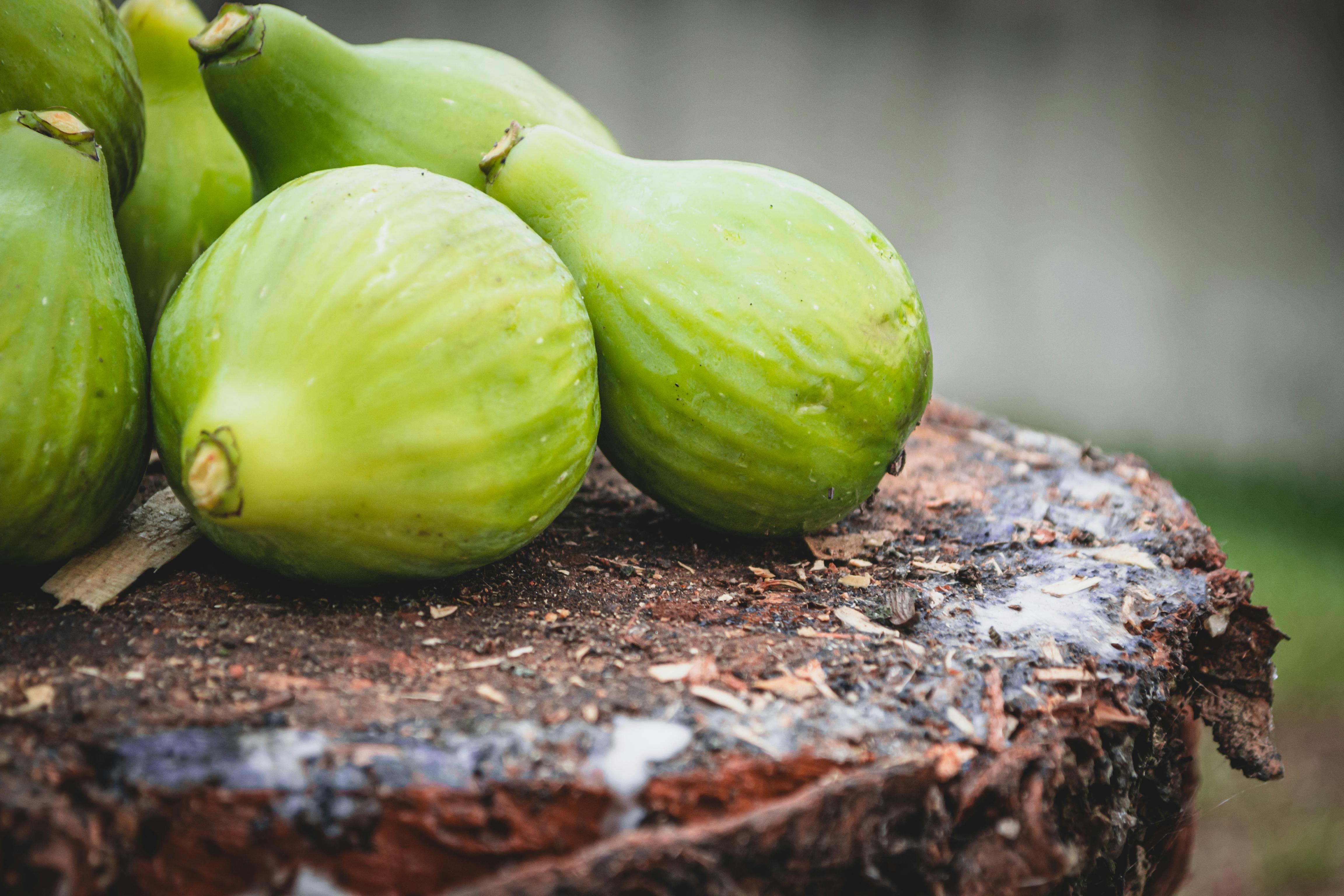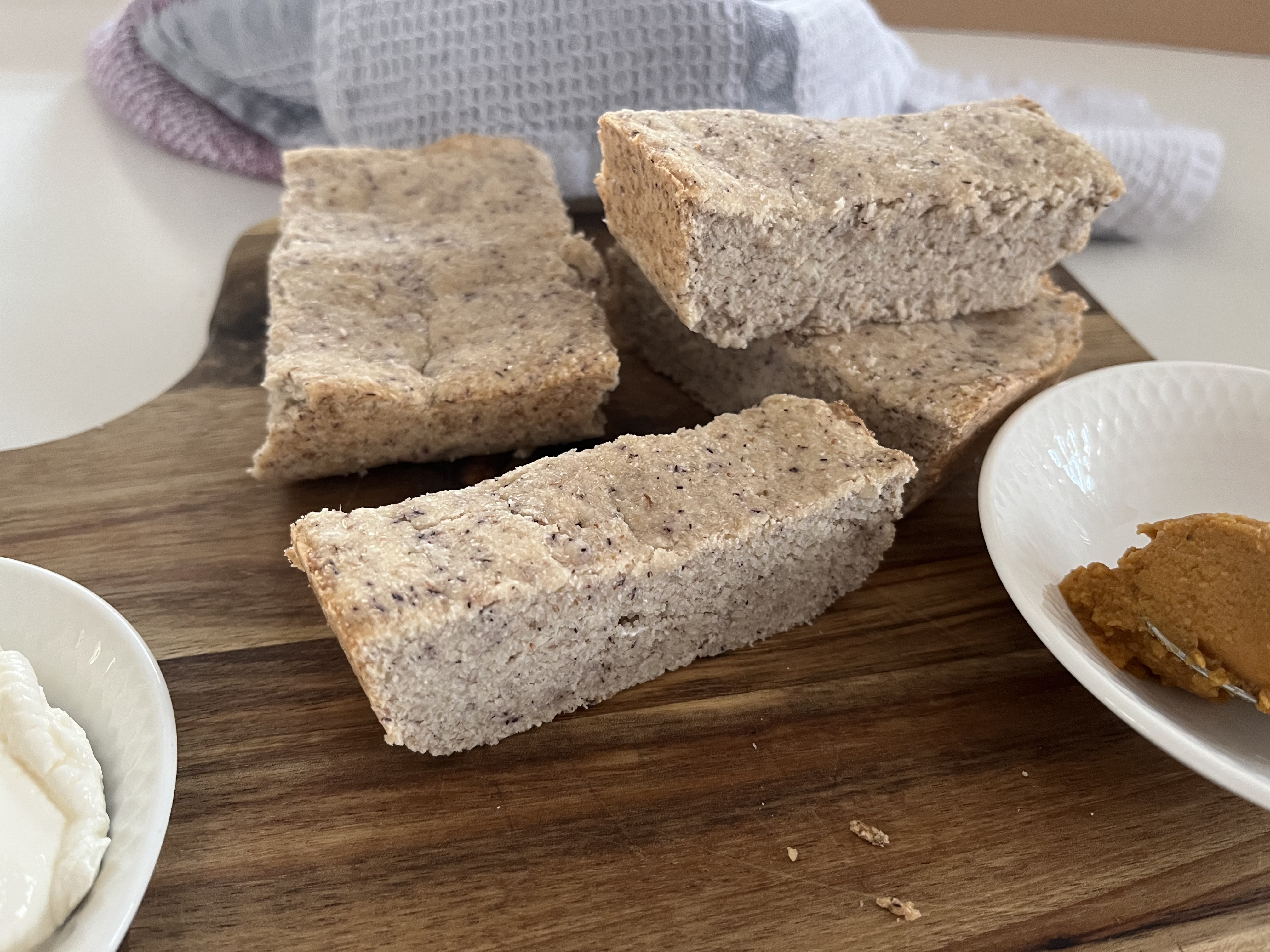 |
Nature’s Dessert Cookbook: Healthy, Delicious & Naturally Sweet Recipes Don’t want or can’t tolerate sugar alcohols and artificial sweeteners? This cookbook is for you! Every dessert is naturally sweetened with whole ingredients rich in fiber and protein, slowing sugar absorption and making them diabetic-friendly. It gathers your favorite recipes from the website—plus brand-new ones—all in one convenient place. Indulge in truly natural treats without compromise! |
 |
Diabetic Baked Goods: Everyday Bakes for Every Meal Diabetic cookbook designed to make healthy baking simple, accessible, and enjoyable. This collection of low-carb, high-fiber, and protein-rich recipes provides a reliable solution for those looking to enjoy diabetic bread and baked goods without blood sugar spikes. Every recipe includes a video tutorial, making it even easier to follow along and bake with confidence! |
 |
What Makes This Cookbook Different?
|
Chocolate and Diabetes: The Sweet Benefits of Dark Chocolate
When it comes to managing diabetes, one of the common questions that often arises is, "Can diabetics eat chocolate?" The answer is yes, particularly when it comes to dark chocolate. As a mother of a diabetic child, I have discovered that dark chocolate, especially varieties with 70% cocoa content or higher, can be a delightful and healthful addition to a diabetic-friendly diet.
The reason why diabetics can consume dark chocolate lies in its composition. High-cocoa dark chocolate contains less sugar, more fiber, and beneficial bioactive compounds compared to milk chocolate, making it a much more suitable option.
Why Dark Chocolate and Diabetes Can Be a Sweet Match
Dark chocolate possesses a unique nutritional profile that sets it apart from milk chocolate. It contains significantly less sugar while offering an array of beneficial compounds. These compounds include flavonoids, which are known for their antioxidant properties, and can improve insulin sensitivity,1 is one of the reasons I use dark chocolate in the desserts I prepare for my family including my diabetic son.
One of the major concerns for diabetics is the effect a food item has on blood sugar levels. Dark chocolate, unlike its milk chocolate counterpart, has a lower glycemic index, meaning it has a more gradual impact on blood sugar levels. This slow release of sugar into the bloodstream can help prevent the spikes and crashes that are so challenging for diabetics to manage. So, dark chocolate and diabetes really go together.2

Dark chocolate is rich in essential minerals such as iron, magnesium, and zinc. Magnesium, in particular, is crucial for those with diabetes as it plays a significant role in glucose metabolism and insulin function. Incorporating dark chocolate into a balanced diet provides these essential nutrients.
Versatile Ingredient in a Diabetic-Friendly Diet
My personal experience with my diabetic son has taught me that dark chocolate can be a versatile ingredient in a diabetic-friendly diet. I often use it in desserts to satisfy my children's sweet tooth while ensuring their sugar intake is kept in check. The possibilities are really great.
Creating diabetic-friendly desserts with dark chocolate also ensures that you’re using a high-quality source of cocoa. The higher the cocoa content in the chocolate, the more beneficial it is. Always look for dark chocolate that is at least 70% cocoa and preferably organic, to maximize health benefits.
There are chocolates on the market labeled as 'for diabetics,' but I personally avoid them because if you pay attention to the ingredients you’ll see that they often contain fats, sweeteners and additives. I rarely use certain types, like white chocolate with sweeteners, and typically use dark chocolate. If I want to sweeten it further—especially when it has over 70% cocoa content—I usually add stevia drops to taste.
One compelling argument for using dark chocolate in diabetic-friendly desserts is its ability to enhance the flavor of the dessert without the need for additional sugar. The rich, robust taste of dark chocolate adds depth to any dessert, making it more satisfying and indulgent without compromising health.
From a practical standpoint, dark chocolate is readily available and can be easily incorporated into many recipes. Whether melted into a sauce, grated, or baked into a treat, dark chocolate is incredibly versatile, making it a convenient choice for busy mothers looking to create quick, diabetic-friendly desserts.
Still, pay attention to how chocolate reacts when melting it over low heat. From experience, I know that some chocolates melt more smoothly and are easier to work with, while others may melt but turn into a thick, uneven mixture. Depending on how you plan to use it, it's important to choose a chocolate that melts well and blends smoothly with other ingredients.

Aspect worth mentioning is that dark chocolate pairs well with other healthy ingredients. Combining it with nuts, seeds, or fruits not only enhances the taste but also adds nutritional value. For instance, a dark chocolate and almonds provides protein and healthy fats, making it a balanced and satisfying snack.
Even More Reasons to Love Dark Chocolate
Another reason to favor dark chocolate is its effect on satiety. Dark chocolate is more filling than milk chocolate, which can help manage portions and reduce cravings for other sweets. This aspect is especially useful for diabetics who need to regulate their caloric and sugar intake.
In addition to its physical health benefits, dark chocolate can positively impact mental health. The consumption of dark chocolate triggers the release of endorphins, which can lift mood and reduce stress—valuable effects for anyone, especially those managing a chronic condition like diabetes.
It's also interesting to note that dark chocolate can support weight management, which is crucial for diabetics. The polyphenols in dark chocolate have been shown to improve metabolism and reduce the absorption of fats and carbohydrates, contributing to better weight control.
In conclusion, dark chocolate is not just a permissible treat for diabetics, but a beneficial one. Its unique nutritional properties, low glycemic index, and numerous health benefits make it a superior choice compared to other types of chocolate.
Although dark chocolate offers numerous health benefits, a balanced approach to consumption is vital because that's the way we can continue to appreciate its versatility and positive impact on well-being for those managing diabetes.







